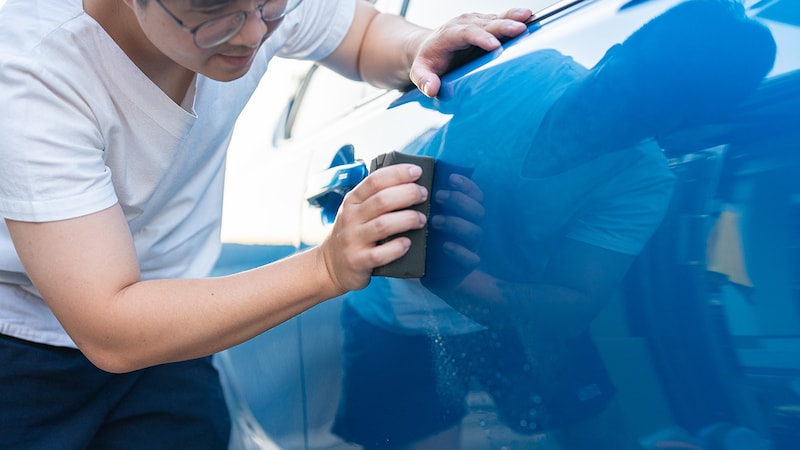What is the actual cash value of my car?

The actual cash value of your car (ACV) is a term used to describe what your car is worth in its current condition after accounting for depreciation. ACV is one of the valuation methods used by insurance providers to determine the amount the company will pay to repair or replace your car in the event of an accident.
Read on to learn more about how your car’s ACV is used by insurers and how you might calculate it yourself.
How does actual cash value work?
After an accident, insurance companies need to estimate your car’s value to determine how much money will be paid out for your claim. ACV is a key metric. If the damage exceeds a certain percentage of the car’s ACV (which may vary between states and insurers), the insurer will declare the car a total loss and reimburse you for the car’s ACV, minus the cost of your deductible.
How to determine the ACV of a car
A car’s ACV is calculated by subtracting depreciation from its replacement cost, which is the amount it would cost to replace your car with another comparable model. The ACV of your car today will be lower than the day you bought it because of depreciation. This means that even if you totaled your car the day you bought it, your insurer would use the ACV, not the sticker price, as the basis for the claim pay out.
You can estimate the ACV of your car on your own by subtracting depreciation from its replacement cost. As simple as that sounds, depreciation can be tricky to quantify. For an easier solution, use an ACV calculator to find estimations based on other comparable vehicles on the market.
How do insurers determine ACV?
Most car insurance companies determine a totaled car’s ACV by taking the replacement cost of the car and subtracting depreciation. Some factors that usually contribute to a car’s depreciation include its:
- Make and model
- Wear and tear
- Accident history
- Mileage
Actual cash value vs. replacement cost
Actual cash value (ACV) accounts for depreciation to determine your car’s worth. Replacement cost value (RCV) is the amount it would cost to buy the same or similar vehicle.
Auto insurance companies use ACV to determine payouts for a covered car. The money you receive may not be enough to cover the balance owed on the vehicle if you financed a significant part of your auto purchase. A guaranteed asset protection (GAP) product may reduce the amount you owe or take care of your remaining loan balance when the proceeds from your insurance company are not enough to pay off your loan.
In summary
Accidents happen, and if it’s one that involves your insured vehicle, the actual cash value of your car will likely be used by your insurer to determine your potential payout. You can estimate your car’s ACV yourself by subtracting depreciation from its replacement cost, and there are online ACV calculators available to simplify the process of getting an estimated ACV.



